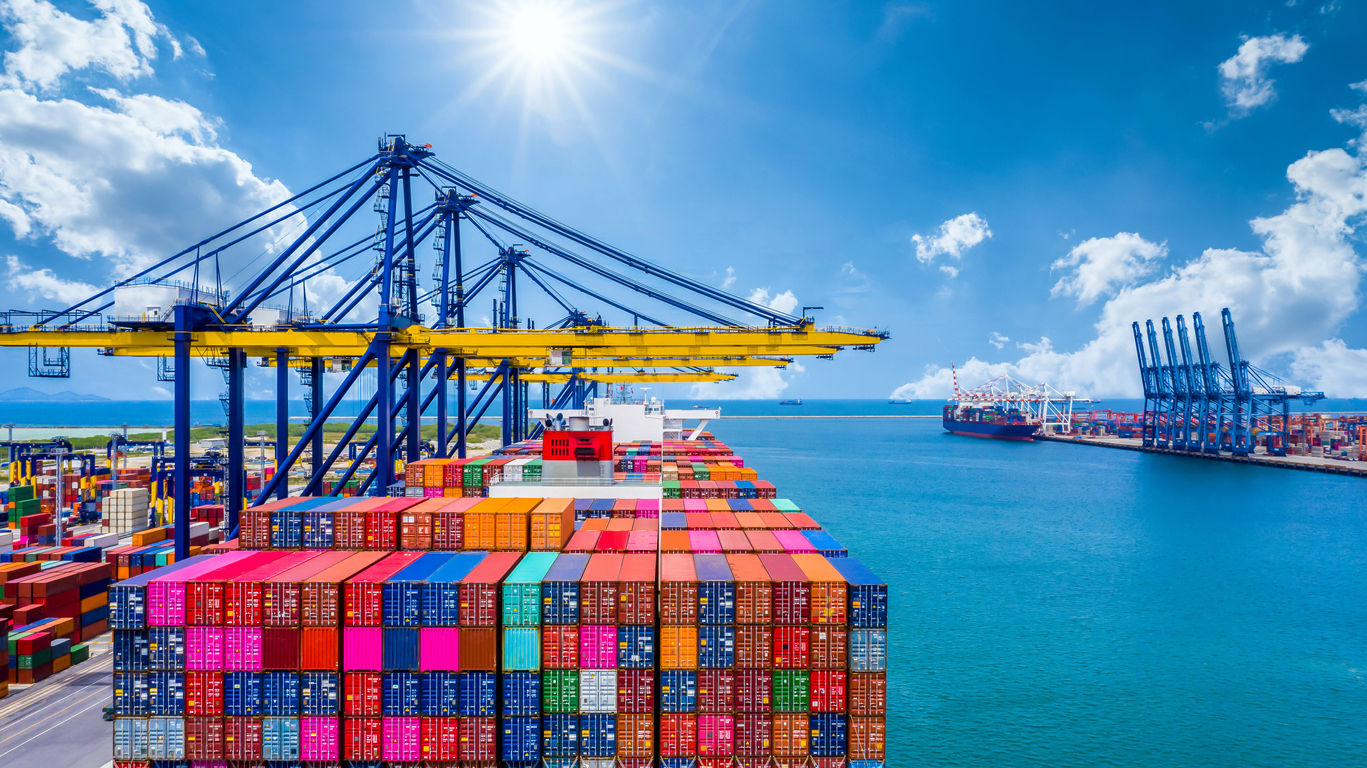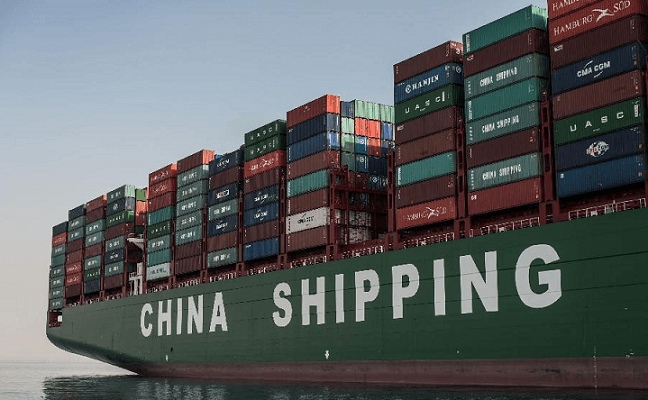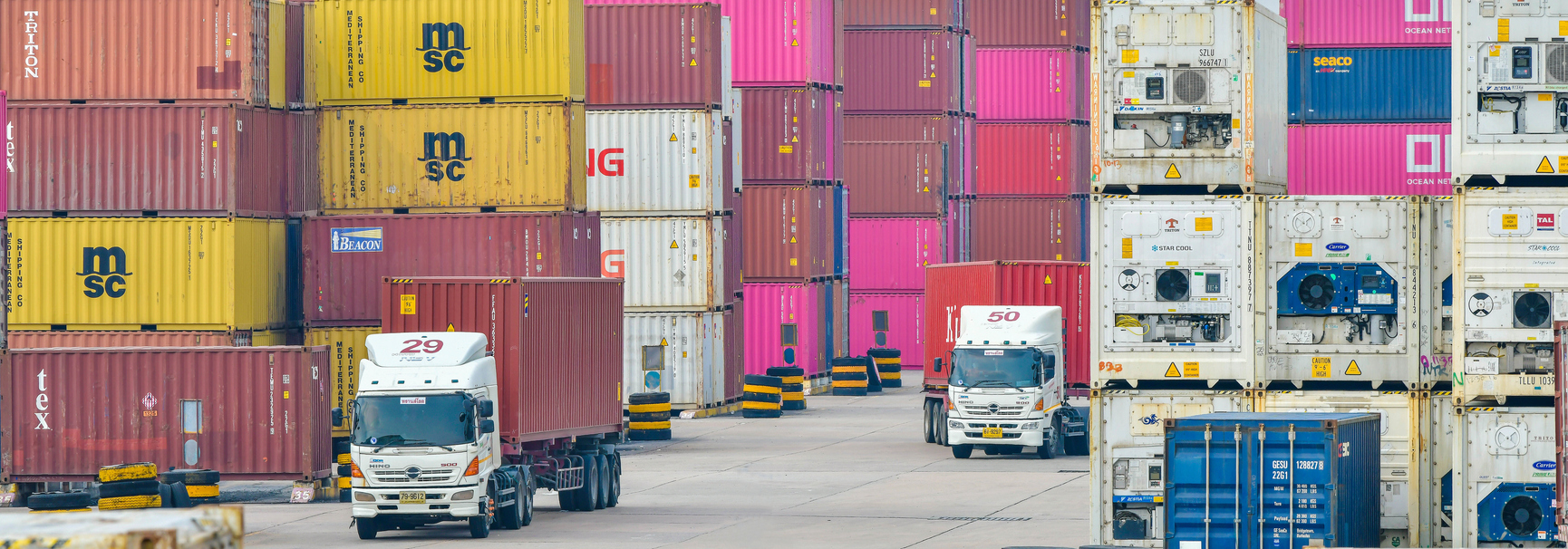How to Ship Goods From Israel to Kenya: The Steps You Need To Know
How to Ship Goods From Israel to Kenya: The Steps You Need To Know
Shipping from Israel to Kenya is a pain. In fact, it’s one of the most difficult shipping scenarios for businesses. With that being said, there are several tips that can help you ship your goods more efficiently. Despite the challenges, shipping from Israel to Kenya can be beneficial for your business and your customers – if you know how to do it properly. You don’t have to shy away from shipping goods because of the difficulties associated with this shipping scenario – as long as you understand all of the ins and outs of it beforehand. With enough preparation, you can make shipping from Israel to Kenya easy and cost-effective. Whether you need to ship small packages or large boxes, this blog will teach you everything you need to know about shipping from Israel to Kenya .
What’s So Hard About Shipping From Israel To Kenya?
Shipping internationally is always more complicated than shipping domestically, but there are certain countries that pose more difficulties than others. One of these countries is Kenya, where you’ll encounter a very specific set of problems that you won’t experience anywhere else. The first issue you’ll likely encounter when shipping from Israel to Kenya is government red tape. This can make the shipping process longer and more complicated than it needs to be. As you’ll see below, there are other issues that can slow things down even further. The second problem you’ll encounter is a lack of infrastructure in the country. As you might know, Kenya is a very underdeveloped nation – which means there aren’t many ways to transport goods from one place to another. Finally, the last thing you’ll have to deal with is an extremely high level of competition in the industry. Because so many businesses ship to Kenya, there are many companies that are willing to undercut each other on rates. This drives down the profit margins of shipping companies and makes it challenging to find a reasonable price.
Finding the Right Shipping Company
As you begin your search for a shipping company, you may be tempted to go with the company that offers the lowest rate. After all, you want to save as much money as possible, right? Well, the truth is that you should never skimp on choosing a shipping company. Finding a quality shipping company that has a fair rate will save you a lot of future hassle and frustration. There are a few things you should look for when trying to find a shipping company. The first thing you’ll want to do is make sure your shipping company has an office in Kenya. After all, you can’t expect them to ship your goods if they can’t access the country. Next, you’ll want to make sure the shipping company has the proper licenses and certifications. If you aren’t sure if the shipping company you’re considering is legitimate, you can always contact the Israeli government to check. Finally, you’ll want to make sure the shipping company has a good reputation. You can do this by asking friends and colleagues if they’ve used the company in the past.
Step 1: Warehousing and Consolidation
Before you even start to think about which shipping route you want to take, there are a couple of things you’ll want to do. First, you’ll want to arrange warehouse and consolidation services. These are services you can hire to store your goods in a secure facility while you find them a new home. This will give you some breathing room as you find a long-term solution. The next thing you’ll want to do is find a location for your goods. If you have a large amount of inventory that needs to be shipped, you’ll need to find a place that can warehouse it. There are several options for warehousing your goods, including renting a dedicated warehouse or temporarily renting space in another business’s warehouse.
Step 2: Choosing a Shipment Type
Now that you’ve found a place to temporarily store your goods and you’ve hired a shipping company, you need to decide how you want to ship your goods. This will be based on a couple of factors, including the type of product you’re shipping, your budget, and the amount of time you have to ship it. There are plenty of different ways to ship goods from Israel to Kenya. Typically, the shipping industry is divided into two categories: air and sea. Then, within these categories, there are several specific shipment types. Let’s explore each of these in detail below. Air transport – This method of shipping is one of the fastest and most convenient ways to transport your goods. However, it’s also one of the most expensive options. Air freight – Air freight is the specific method of shipping that is used with air transport. While it’s more expensive than other forms of transport, it’s also the fastest option. Air sea – This is a combination of air and sea transport, and it’s one of the most popular methods of shipping goods. You’ll be able to find many shipping lines that offer air sea transport. Sea transport – Shipping by sea is the most affordable method of transporting goods, but it’s also the slowest option. Container – While not technically a type of transport, you’ll still want to consider it when choosing a shipping method. Containers are used to ship goods from one location to another.
Step 3: Finding the Best Shipping Partners
If you’ve made it this far, you’re almost done. However, the last step is finding the best shipping partners. You’ll want to consider several different factors when doing this, including your budget, the amount of time you have to ship your goods, and the type of product you’re shipping. Now, you’ll also want to think about the relationship between your shipping partners and your customers in Kenya. In other words, you want to ensure that your customers can easily pick up their goods when they arrive. This can be challenging if you’re shipping to a remote location with poor infrastructure.
Step 4: Preparing to Ship Your Goods
Now that you’ve found the right shipping company, decided on a shipping method, and found the best shipping partners, it’s time to prepare to ship your goods. This is the point where you’ll want to make sure everything is in order so that your goods arrive safely. You’ll want to start with your inventory. Make sure all of your products are properly accounted for and ready to go. Next, you’ll want to make sure you’re following all regulations for your product. If you’re shipping food, you’ll want to make sure it’s properly packaged and safe for consumption. Finally, make sure you have the necessary paperwork in order. You’ll want to make sure you have a valid commercial invoice as well as a bill of lading. Finally, you’ll also want to make sure your goods are properly labeled.
Conclusion
Shipping from Israel to Kenya is difficult, but it doesn’t have to be impossible. By following the steps outlined above, you’ll be able to ship your goods more efficiently and easily. With the right preparation and a little bit of luck, you can make shipping from Israel to Kenya as painless as possible.








LEAVE A COMMENT
You must be logged in to post a comment.